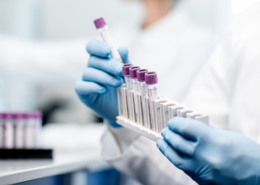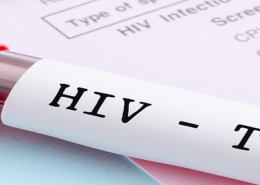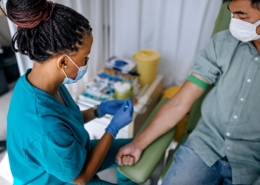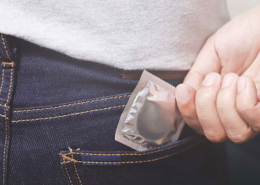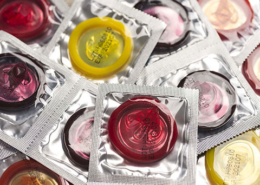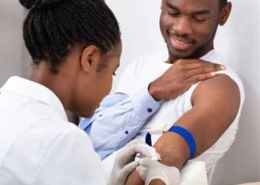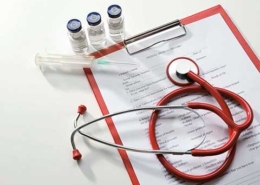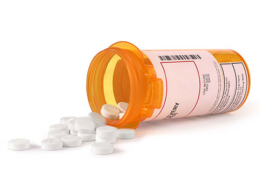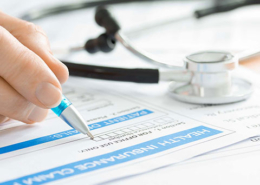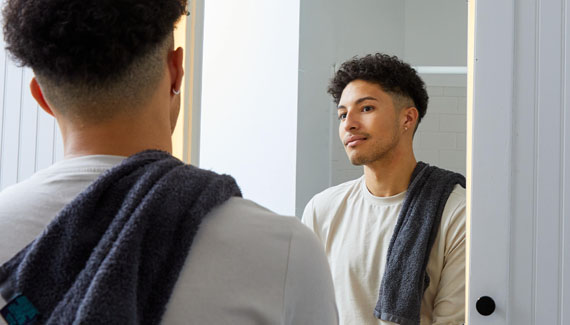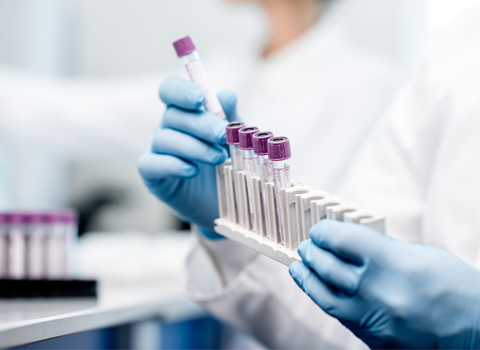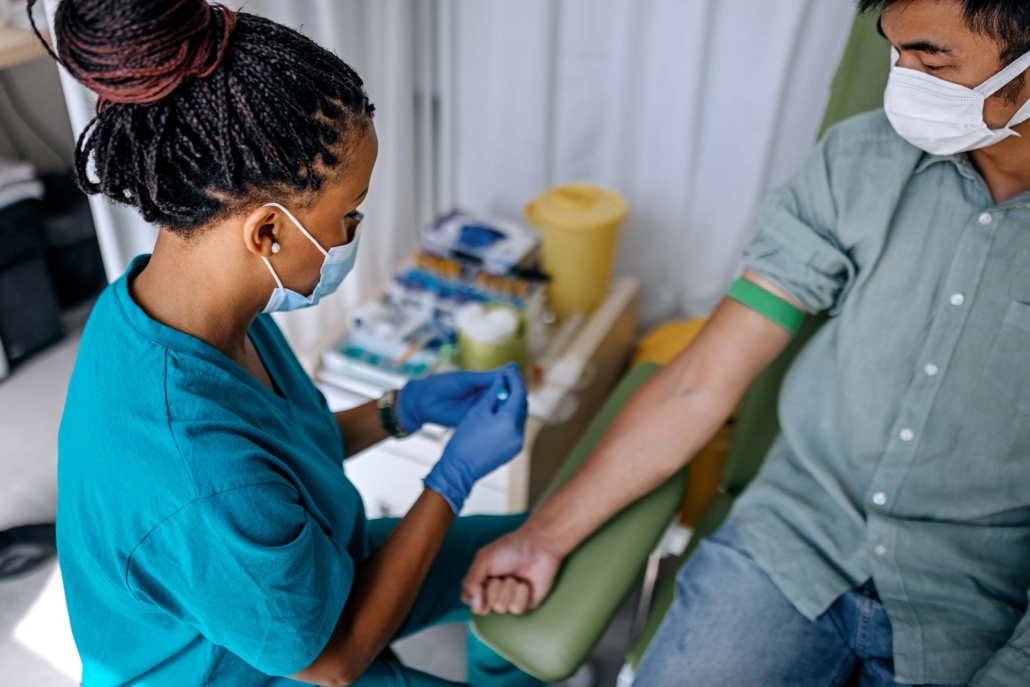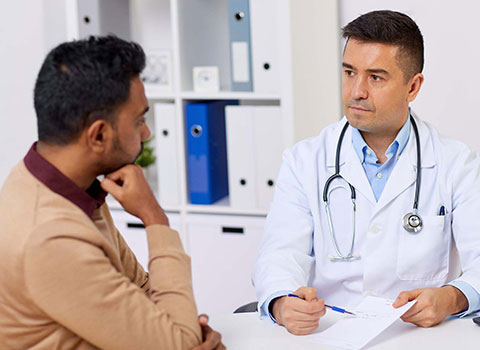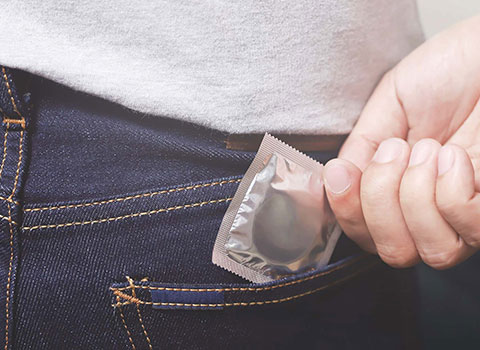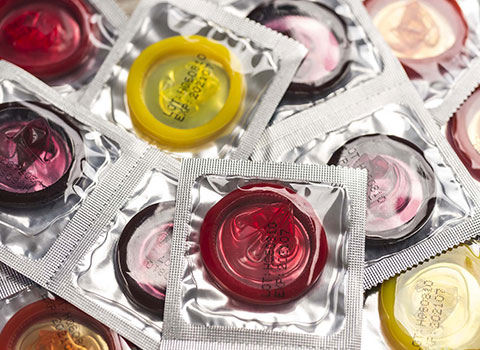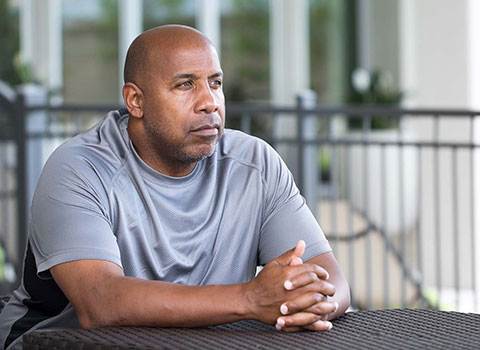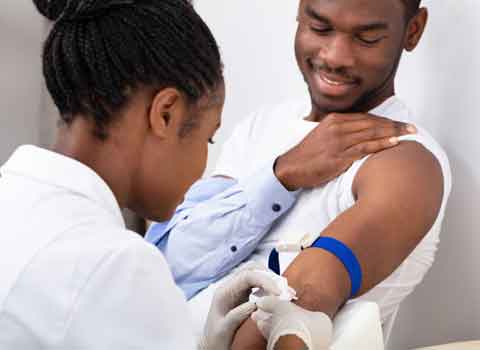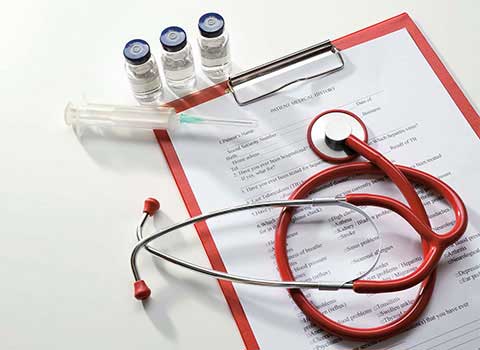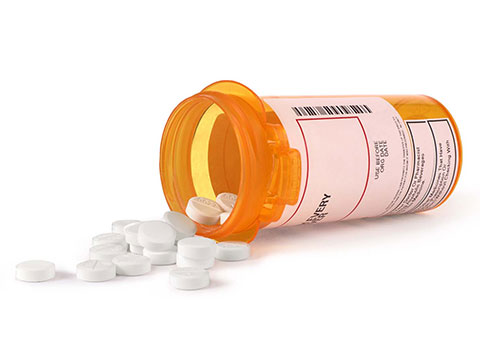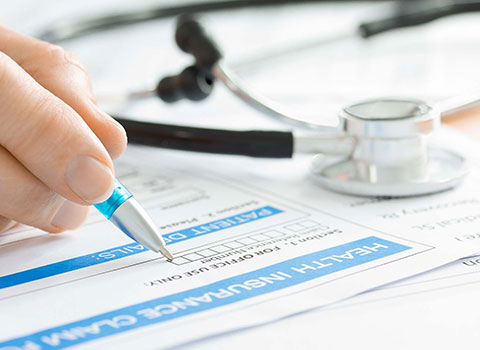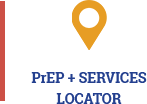 https://carethatfitsyou.org/wp-content/uploads/2023/01/CTFY-Web-image-8315_Undetectable.jpg
325
570
Admin
https://carethatfitsyou.org/wp-content/uploads/2020/04/care-that-fits-you.png
Admin2024-05-20 20:01:352024-06-10 19:21:29Información de la Mpox
https://carethatfitsyou.org/wp-content/uploads/2023/01/CTFY-Web-image-8315_Undetectable.jpg
325
570
Admin
https://carethatfitsyou.org/wp-content/uploads/2020/04/care-that-fits-you.png
Admin2024-05-20 20:01:352024-06-10 19:21:29Información de la MpoxWhat to Expect: Starting PrEP
Whether you’ve already made an appointment with your health care provider to get PrEP or you’re considering adding it to your self-care routine, here are a few things you can expect before, during, and after your first appointment.
What is PrEP?
PrEP, short for pre-exposure prophylaxis, is a medicine that helps prevent HIV. When taken as prescribed, PrEP is highly effective at preventing HIV. However, PrEP is not for people who are living with HIV.
Since it’s not available over the counter, you’ll need a prescription from a health care provider.
How do I start taking PrEP?
Getting PrEP often requires an in-person visit with a health care provider. Contact your provider or a local health clinic to schedule an appointment. If you don’t have a healthcare provider, use the PrEP + Services Locator to search health clinics near you.
Most health insurance plans, including MassHealth, cover the cost of PrEP, which includes clinic visits, prescriptions, and laboratory tests. Check with your insurance company to find out if your plan covers PrEP.
If you don’t have health insurance, you may be able to get assistance for HIV PrEP prescriptions through the Massachusetts Pre-Exposure Prophylaxis Drug Assistance Program (PrEPDAP).
Before your appointment
Here are a few of the things you should bring to your appointment:
- Your license or photo ID
- Proof of medical insurance (if you have insurance)
- Prescription insurance card (if separate from medical insurance card)
- List of medications you currently take (both prescribed and over-the-counter)
- List of medication allergies
During your appointment
Your doctor may conduct a routine physical exam during your visit, which may include tests for HIV, STD/STIs, and kidney function. They may also ask you questions about your medical and sexual history, such as:
- Have you recently experienced a potential exposure to HIV?
- Do you have anal or vaginal sex without a condom?
- Do any of your partners have sex with other people without a condom?
- Have you or any of your partners had an STD/STI in the past six months?
- Are any of your partners HIV-positive and not undetectable?
- Do you use drugs before or during sex?
- Do you or any of your partners share needles or works?
- Do you have sex for money, drugs, a place to stay, or anything else you need?
In addition, your healthcare provider may ask why you’re interested in PrEP and may discuss potential side effects and common misperceptions.
While PrEP has been around since 2012, some healthcare providers may not be familiar with PrEP or may not prescribe it. Learn more about talking to your healthcare provider about PrEP.
If your regular healthcare provider doesn’t prescribe PrEP, use the PrEP + Services Locator to find a clinic near you that does.
After your appointment
You must be HIV-negative to use PrEP. Talk to your doctor about whether it is possible to get your PrEP prescription while you are waiting for your test results. It’s common to experience side effects during the first few weeks of taking PrEP, which can include loss of appetite, vomiting, headache, nausea, rash, dizziness, fatigue, and other stomach issues.
Follow-up appointments
Once you start taking PrEP as a part of your self-care routine, you’ll need to follow up with your healthcare provider as recommended to repeat HIV and STD testing. Talk to your provider about scheduling appointments in advance so that there’s no disruption to your routine.
Related links
Looking for PrEP or
other services?
Search for services near you.
Is PrEP right for you?
Take a short quiz to learn more.





